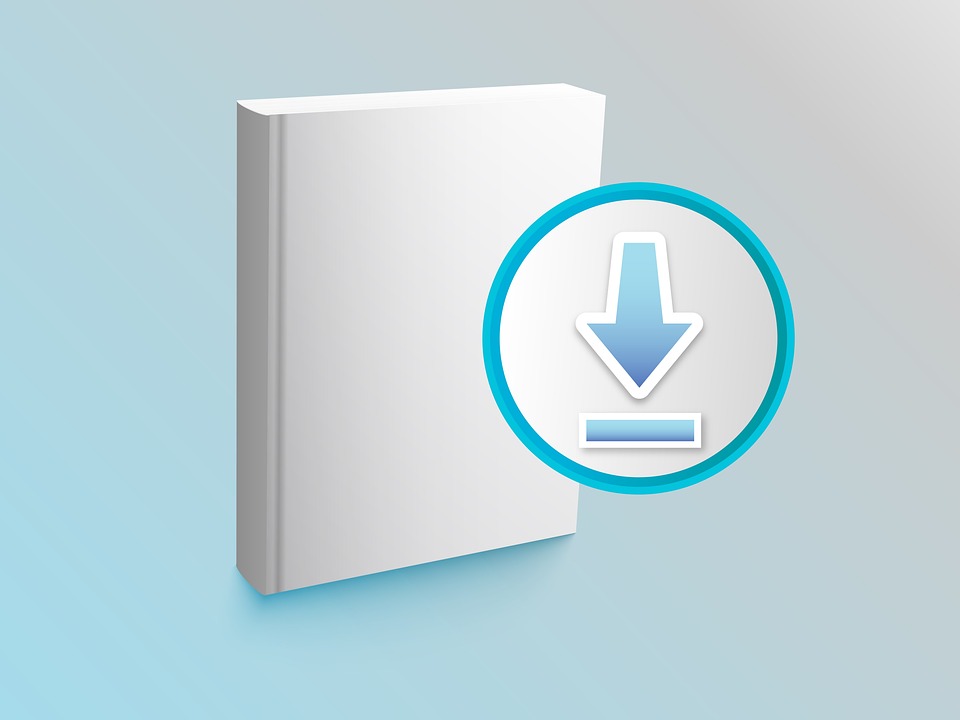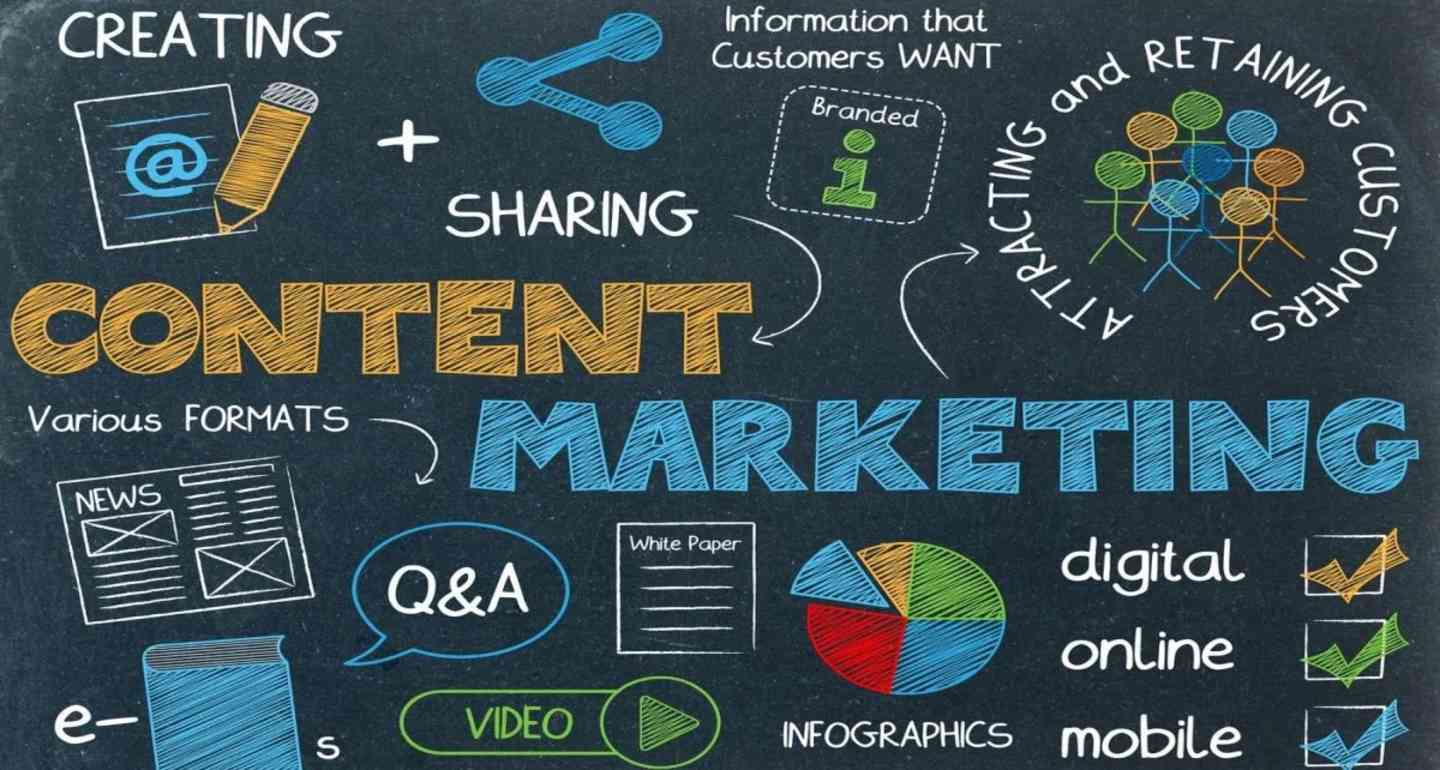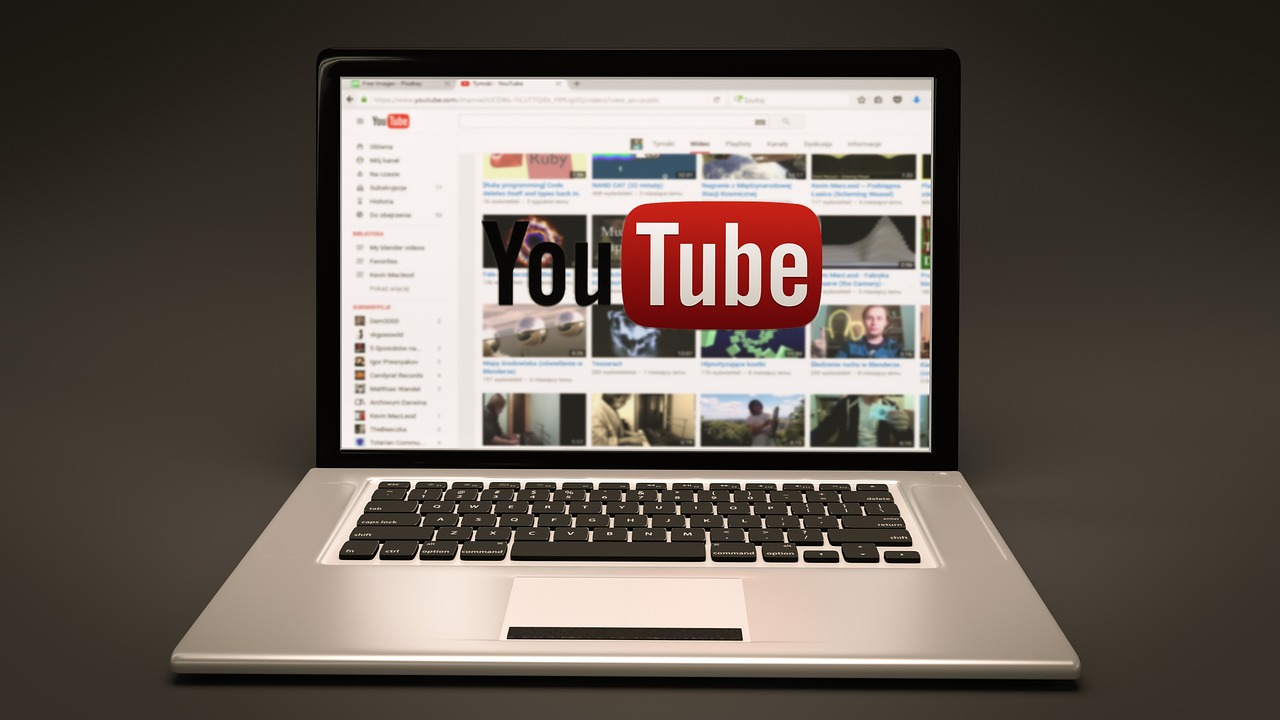When ADSL hit the scene, it was like a turbo boost to the internet, as surprising and exciting as flipping the winning card in an andar bahar cash game. Suddenly, our world was moving faster than ever before. Downloads that used to take ages were done in a flash. Movies, tunes, apps – you name it, ADSL brought it to our screens quicker than a hiccup, shaking up our daily routines and greening up our digital lives.
Hello, High-Speed: Everyone’s Invited
Remember when waiting for a song to download felt like watching paint dry? ADSL kissed those days goodbye. The tech was a real game changer, making everyone feel like they had the fastest internet in town. Suddenly, we were all zipping files across the web with ease, ditching those old CDs and floppy disks that cluttered our drawers and hurt the environment.
Also Read: 100+ Trending YouTube Shorts Hashtags to Make Videos Go Viral
Going All-Digital: A Greener Choice
Thanks to the magic of ADSL, owning stuff went from having a shelf full of discs to having a library in the cloud. We started choosing downloads over hitting the store for a new movie or album. This swap wasn’t just handy, it was a high-five to Mother Earth. Less plastic and paper production meant we were cutting down on waste and saying ‘see ya’ to unnecessary factory smoke and truck exhaust.
Downloading Made Easy
With ADSL, downloading stuff became a piece of cake. Imagine getting your favorite song or movie in just a blink—that’s how it felt. No more waiting forever for one single download. It was quick, and it was awesome for everyone.
Less Stuff, More Space
Because we could download, we didn’t need to buy so many CDs and DVDs. That meant we made less trash and saved space at home, too. It’s like your whole movie collection could fit in your pocket—well, on your computer or phone, but you get the idea!
Working from Home Rocks
ADSL made it super easy to work from home. No more sitting in traffic, no more pollution from all those cars. People could do their jobs in their pajamas, and the planet got a little break, too. Talk about a win-win!
Stream Away, Folks!
Streaming became the new way to watch shows and listen to music with ADSL. No need for a pile of DVDs when you could stream anything. It saved a bunch of trees and cut down on waste, which is pretty cool if you think about it.
Learn from Your Couch
Learning new stuff changed, too. Instead of going to school or buying textbooks, you could just download the lessons and learn from wherever you wanted. ADSL made saving the planet easier by saving paper and fuel, all while you learn about anything under the sun.
ADSL was a big deal—not just for fast internet but for helping the earth in many little ways. It showed us that smart tech could mean a happier planet. And that’s pretty neat!
Content Streaming: The New Norm
Broadband technology such as ADSL enabled the streaming revolution, reducing the need for physical media and associated packaging. Services like Netflix and Spotify became viable, altering the landscape of content distribution. This change lessened the environmental toll of producing and shipping physical items, instead of relying on digital transmission that leverages existing infrastructure.
Also Read: How to upload shorts on YouTube from laptop
Sustainable Development Through E-Learning
Finally, ADSL’s role in advancing e-learning can’t be overlooked. The ability to download educational materials and attend online courses has made education more accessible and sustainable. With resources conserved on physical textbooks and reduced travel to educational institutions, broadband technology has supported a more eco-friendly approach to learning.
The ADSL technological breakthrough reshaped not just the internet but society’s interactions with digital content, sustainability, and accessibility. Its far-reaching influence spans from a reduction in physical media waste to the promotion of greener work and learning practices, proving that technological advances inherently possess the potential to foster a more ecologically sound future.









